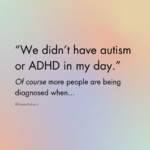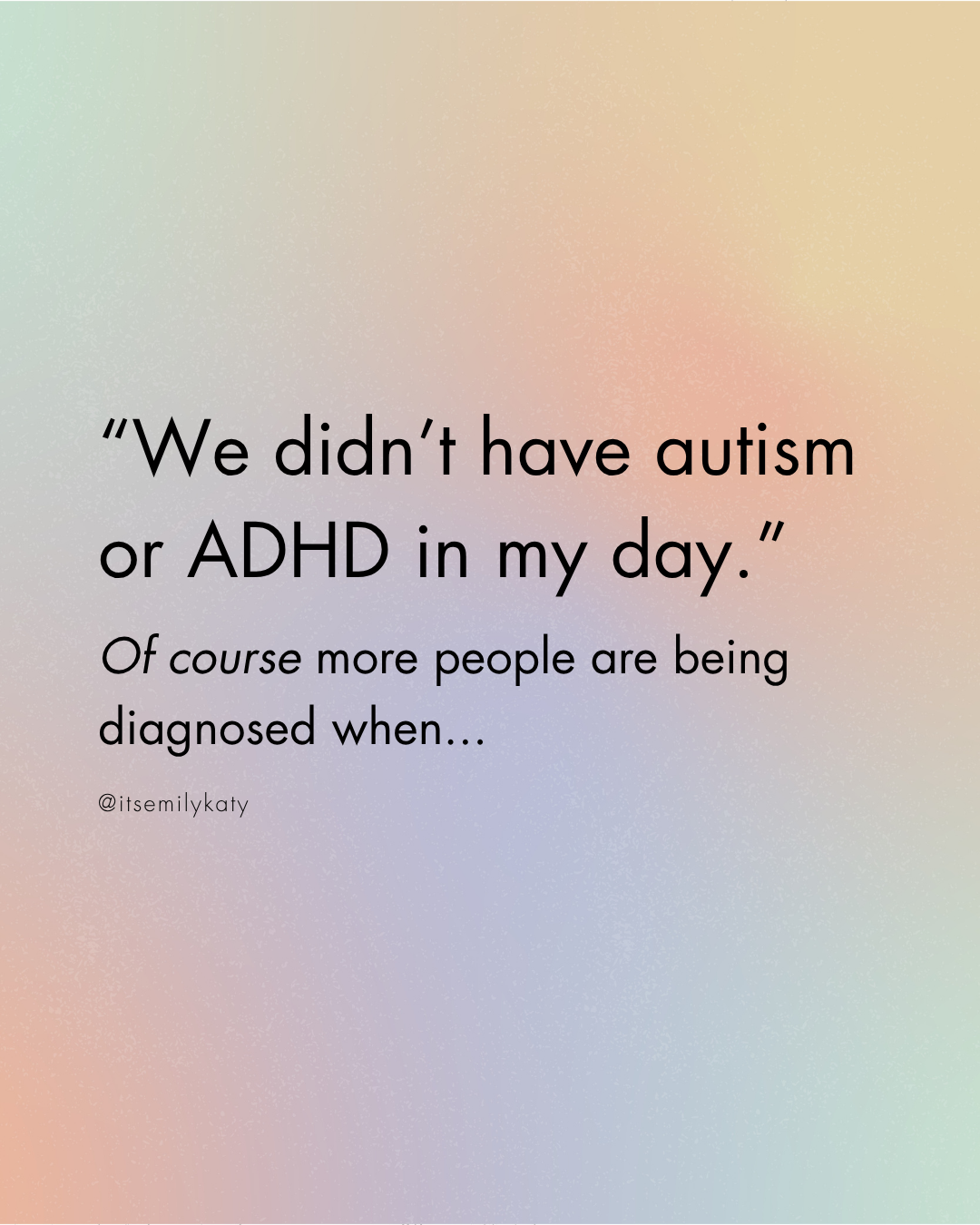Mental Wealth is what happens when you build something deeper. It’s not just about surviving the tough days — it’s about having the tools, the mindset, and the community to get through them well. It’s resilience with resources. Not just for the breakdown moments. For the everyday. This is about building mental health resilience and promoting a mentally wealthy workforce.
Stress in the Workplace Is Real. But It Can’t Be the Default.
Look, stress in the workplace is real. We all know that. Deadlines exist. Tricky conversations need to happen. And yes, some weeks will be chaotic. This can lead to psychological injuries and mental injury at work.
But when that chaos becomes business as usual? When every day feels like a pressure cooker? That’s when the cracks appear.
People start missing work. (Absenteeism creeps up, often as sick days mental health or sick leave for mental health). Emails get shorter. Smiles fade. Teams disconnect. The work still gets done — but not with the energy, care, or collaboration it needs. Workplace bullying signs and a toxic work culture can also emerge.
And if no one names it? It gets dismissed as laziness. Or “poor attitude”. Or not being a “culture fit”.
When really, it’s just a sign of people running on empty, facing potential workplace burnout.
So What Does Mental Wealth Actually Look Like?
It’s not a checklist. It’s more a feeling you get when you walk into the room. It’s about cultivating psychological safety in the workplace.
It’s the team that can laugh — even when it’s flat out. The manager who checks in and really listens, demonstrating skills learned in manager mental health training or resilient leadership training. The colleague who quietly covers for someone who’s struggling, no questions asked.
Sometimes it means pushing back on that unnecessary 7th meeting. Or making it okay to not reply to emails after hours. Or simply recognising that support at work isn’t just nice — it’s necessary. This often ties into good risk management for supervisors and managers regarding employee mental health.
When people feel resourced, supported, and heard — not micromanaged, not burnt out — that’s when productivity lifts. Not because of pressure. But because people have the headspace to think clearly and the emotional fuel to contribute meaningfully. This is a key benefit of mental health training in the workplace.
This Isn’t Just a Leadership Program. It’s a Human One.
A lot of companies handball this stuff to HR. Or expect team leaders to figure it out solo. And sure, an anxiety management course or leadership training can absolutely help. Corporate mental health training is a great starting point, as are mental health courses for managers.
But workplace culture isn’t built in training rooms. It’s built in small, daily moments:
- The way people speak to each other
- How you respond when someone says, “Honestly, I’m not okay” (which might indicate signs suicidal or the need for suicide prevention training)
- Whether it’s safe to take a mental health day, or silently frowned upon
Workplace burnout doesn’t explode out of nowhere. It drips in slowly — through unspoken expectations, a lack of recognition, and not enough time to recover. This highlights the importance of burnout prevention strategies and burnout prevention training.
And the good news? Culture is everyone’s job to shift. This includes addressing issues like bullying in the workplace training and anti bullying training for employees.
What Happens When You Get Mental Wealth Right?
The changes are subtle at first.
Someone takes fewer sick days. (Absenteeism drops). Another starts sharing ideas again. Deadlines aren’t panic-inducing anymore. People start showing up — not just in body, but in mind and spirit. This demonstrates the success of employee resilience programs and corporate wellbeing programs.
Stress is still there. But now, it’s met with mental wealth — with boundaries, with kindness, and with systems that actually support people. This often involves stress management courses and resilience training in the workplace.
And that’s when the magic happens. Teams collaborate better. Work gets done with intention. And slowly, people stop surviving work — and start enjoying it again. This is the goal of building resilient teams and fostering team resilience in the workplace.
Before You Go
If any of this hit a nerve, it’s probably because you’ve lived it.
That slow, creeping fatigue. That sense that work’s taking more than it gives. That you’re expected to be productive — even when you’re barely coping.
That’s why we talk about mental wealth. Because it’s not fluffy. It’s not optional. It’s the foundation for everything else, leading to improved employee health and wellbeing strategy and reduced statistics on mental health in the workplace.
Want to learn more? Start a conversation in your team. Or grab a copy of Mental Wealth — not because we wrote it, but because it just might be the beginning of something better. Consider exploring corporate mental health programs or mental health training for managers.
Work shouldn’t cost you your mind. Or your health. Or your life outside of it.
And we believe truly, it doesn’t have to.










